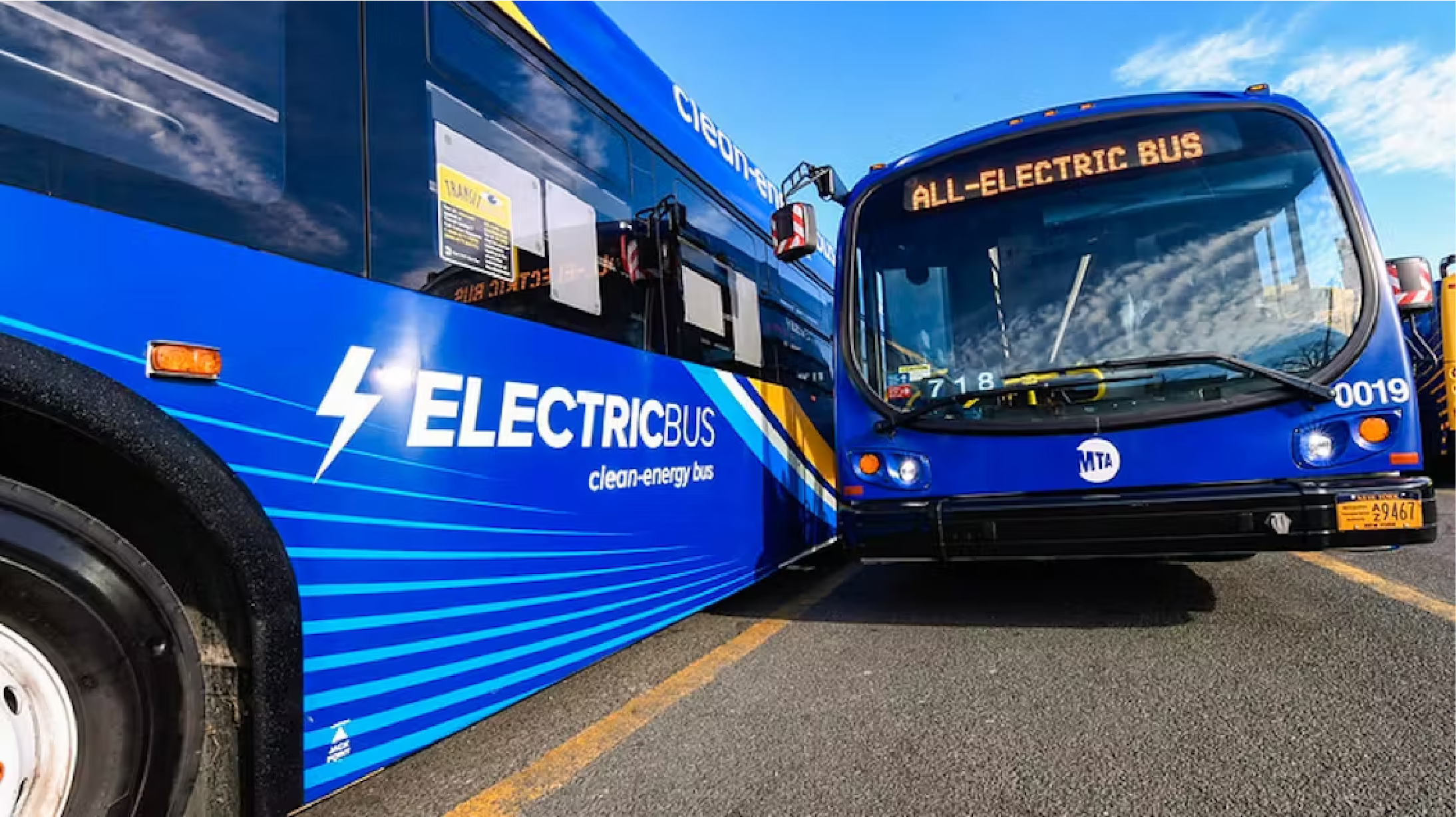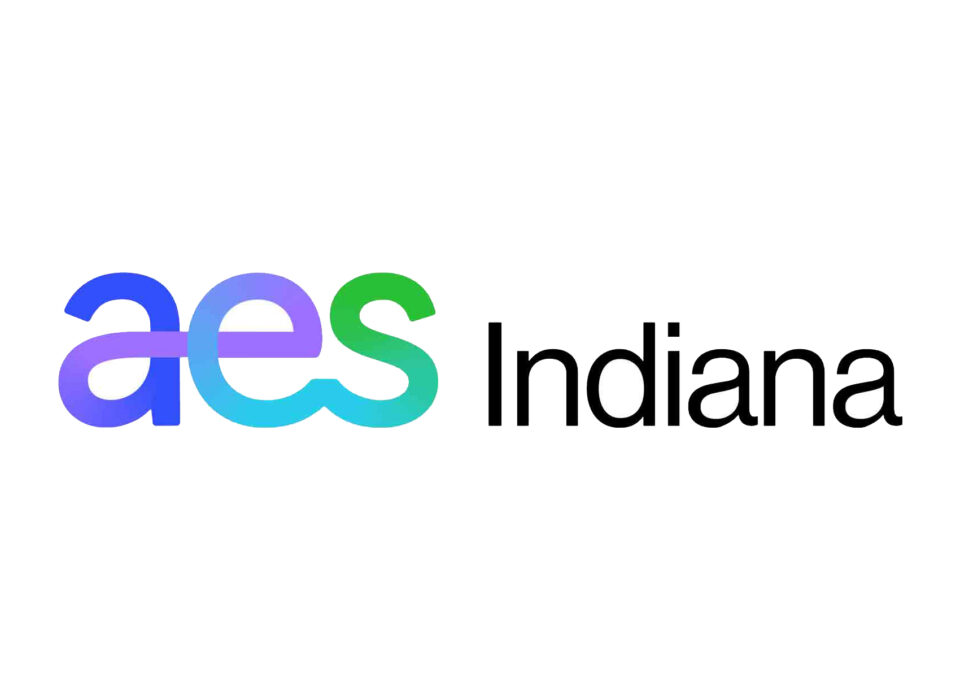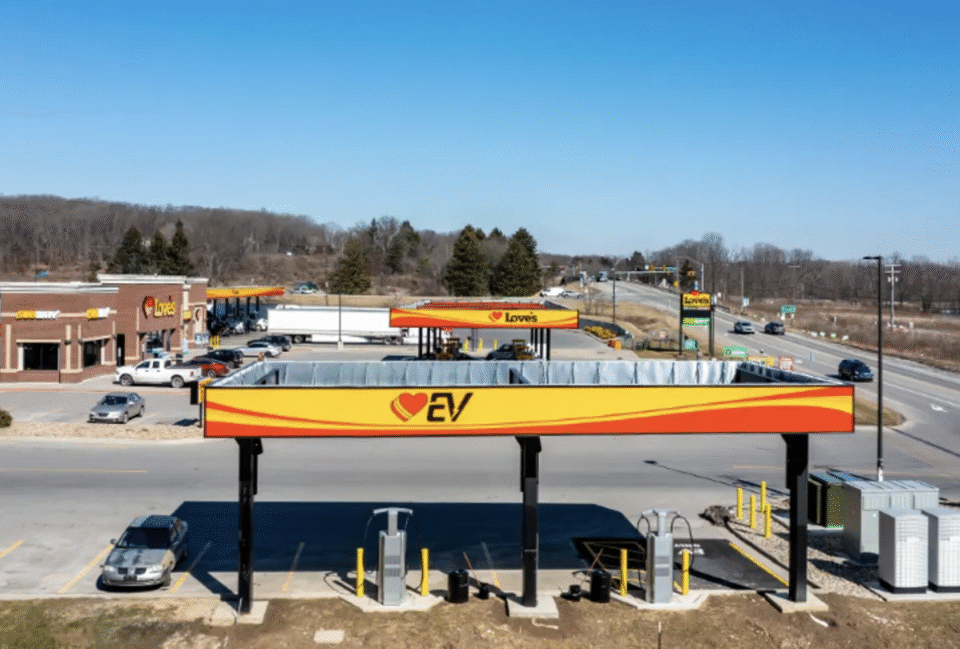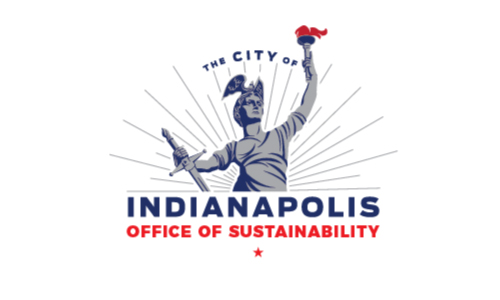Why Zero-Emissions Fleet Transformation Starts at the Top
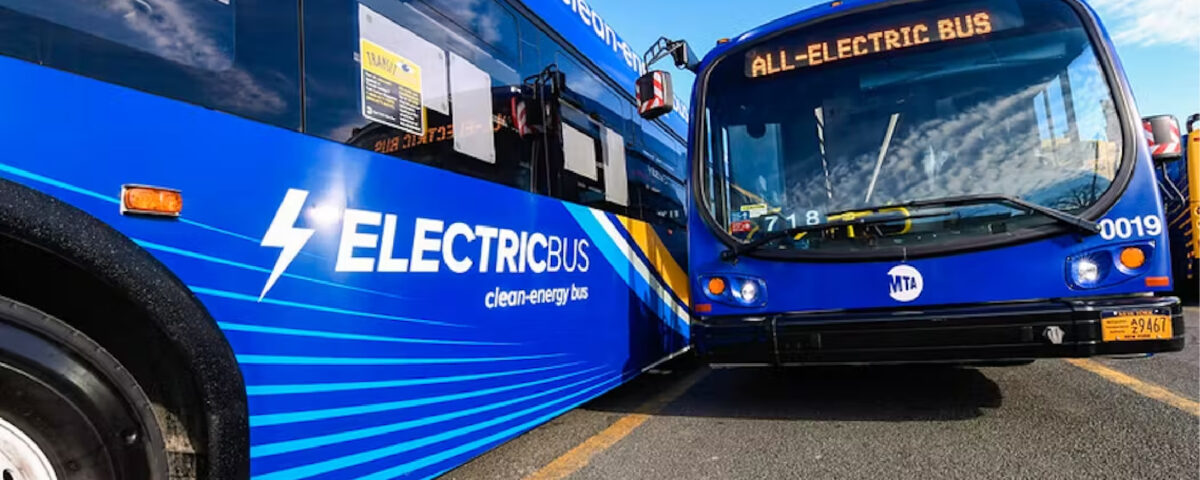
“Decarbonizing our transportation system is one of the top challenges of our time and comes with several considerations, including social equity, resiliency and safety. To this end, an increasing number of government agencies and fleet operators across the country are transitioning their fleets to zero-emission vehicles (ZEVs) to minimize their carbon footprint. California took the lead, with New York and other states quickly following suit. The federal government has provided financial incentives to governments and public agencies who successfully convert 100 percent of their light-duty non-emergency vehicle fleets to ZEVs by 2035 and 100 percent of their medium- and heavy-duty vehicle fleet to ZEVs by 2040.”New York City Transit (NYC Transit) is sharing its journey toward a zero-emission bus fleet, which started with a pilot program of ten electric school buses in 2018. Through the successes and challenges encountered by NYC Transit, there is a reoccurring need for concentration on workforce participation and evolution. While integrating the new technology is already a hurdle, workforce engagement is a growing need. Some examples of positions needing to adapt to the changing technology include diesel mechanics looking at electrical maintenance education and fleet command centers transitioning to fleet and power control centers. Learn more about zero-emissions fleet transformation
